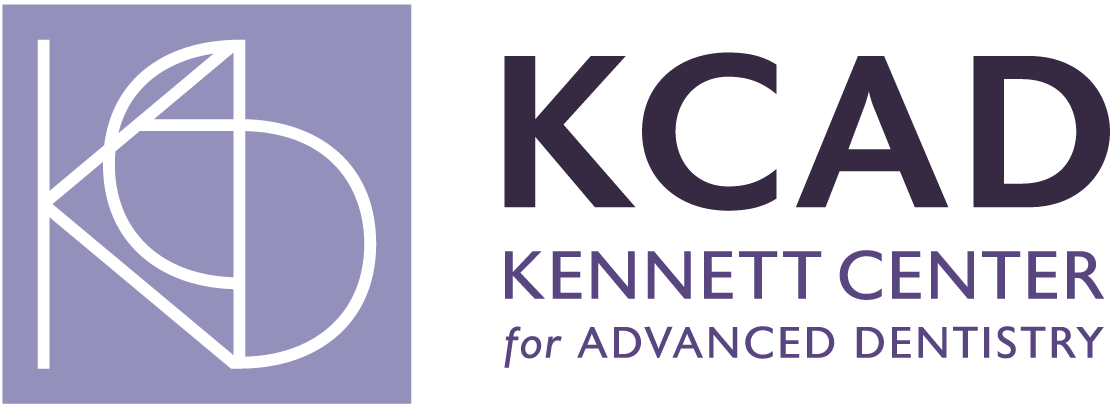Protect Your Smile From Decay with Our Helpful Guide
Cavities, or dental caries, are one of the most common oral health problems affecting people of all ages. These permanent damages to the hard surface of your teeth can lead to tooth decay, pain, and potentially more serious issues if left untreated. While cavities are prevalent, they are also highly preventable with the right knowledge and practices.
Dr. Peter Patellis of Kennett Center for Advanced Dentistry wants to equip patients with the tools to prevent cavities. Explore various strategies for cavity prevention, empowering you to maintain a healthy, cavity-free smile by calling our Kennett Square practice at 610-444-6311.
Understanding Cavities
Cavities are areas of permanent damage caused by a bacterial infection that creates holes or openings in the tooth’s hard surface. This damage is the result of a combination of factors, including:
- Bacteria: Certain types of bacteria found in plaque produce acids that attack and dissolve the tooth’s enamel.
- Sugary and Acidic Foods: Consuming sugary and acidic foods and beverages provides fuel for the bacteria, increasing acid production and enamel erosion.
- Poor Oral Hygiene: Inadequate brushing and flossing allow plaque buildup, creating an environment conducive to cavity formation.
While cavities can affect anyone, some individuals may be more susceptible due to factors like dry mouth, frequent snacking, soda consumption, and inadequate fluoride exposure.
Cavity Prevention Through Diet
Your diet plays a crucial role in cavity prevention. By making mindful choices, you can reduce the risk of tooth decay and promote oral health. Here are some dietary tips to keep in mind:
- Limit Sugary and Acidic Foods and Beverages: Reduce your consumption of sugary snacks, candies, sodas, and fruit juices, as these can contribute to enamel erosion and bacterial growth.
- Choose Tooth-Friendly Snacks: Opt for crunchy, fibrous fruits and vegetables like apples, carrots, and celery, which can help stimulate saliva production and neutralize acids.
- Stay Hydrated with Water: Drinking plenty of water helps rinse away food particles and neutralize acid in the mouth.
- Incorporate Dairy Products: Dairy products like cheese, milk, and yogurt are rich in calcium and can help neutralize acid, promoting enamel remineralization.
- Chew Sugar-Free Gum: Chewing sugar-free gum can increase saliva production, which helps neutralize acids and wash away food particles.
Effective Oral Hygiene Practices
Maintaining excellent oral hygiene is essential for cavity prevention. By following these practices, you can reduce plaque buildup and minimize the risk of tooth decay:
- Brush Twice a Day: Brush your teeth twice a day for at least two minutes each time, using a soft-bristled toothbrush and fluoride toothpaste.
- Floss Daily: Flossing removes plaque and food particles from areas your toothbrush can’t reach, preventing bacteria buildup.
- Use an Antimicrobial Mouthwash: Incorporate an antimicrobial mouthwash into your routine to help kill bacteria and reduce plaque.
- Replace Toothbrushes Regularly: Change your toothbrush every three to four months or sooner if the bristles become frayed.
- Maintain Regular Dental Visits: Visit Dr. Peter Patellis at Kennett Center for Advanced Dentistry in Kennett Square for professional cleanings and dental exams, which can remove hardened plaque and identify potential issues early.
The Role of Fluoride
Fluoride is a mineral that plays a crucial role in cavity prevention by strengthening tooth enamel and making it more resistant to acid attacks. Here are some ways to ensure adequate fluoride exposure:
- Use Fluoride Toothpaste: Choose a toothpaste that contains fluoride, as recommended by dental professionals.
- Drink Fluoridated Water: If your community water supply isn’t fluoridated, consider using fluoride supplements or bottled water with added fluoride.
- Professional Fluoride Treatments: During your regular dental visits, your dentist may recommend professional fluoride treatments, such as varnishes or gels, for added protection.
Dental Sealants
Dental sealants are thin, protective coatings applied to the chewing surfaces of the back teeth (molars and premolars), which are particularly susceptible to cavities. Sealants create a barrier that prevents food particles and bacteria from getting trapped in the grooves and crevices of these teeth, reducing the risk of cavities.
Sealants are typically recommended for children and adolescents as soon as their permanent molars erupt. However, adults without decay or dental fillings in their molars can also benefit from sealant application.
Early Detection and Treatment
Regular dental check-ups at Kennett Center for Advanced Dentistry in Kennett Square are crucial for early detection and treatment of cavities. During these visits, Dr. Peter Patellis will thoroughly examine your teeth, using specialized tools and X-rays to identify any areas of concern.
If a cavity is detected, prompt treatment is essential to prevent further decay and potential complications. Depending on the severity and location of the cavity, your dentist may recommend fillings, dental crowns, or other restorative procedures to repair the damaged tooth and prevent future issues.
Unlock a Cavity-Free Smile, Call Kennett Center for Advanced Dentistry, Today!
Cavity prevention is a multifaceted approach that involves a combination of dietary choices, effective oral hygiene practices, fluoride exposure, and regular professional dental care. By implementing the strategies outlined in this guide, you can significantly reduce your risk of developing cavities and maintain a healthy, beautiful smile for years to come.
Remember, prevention is key when it comes to oral health. By making cavity prevention a priority, you can avoid the discomfort, expense, and potential complications associated with tooth decay. Take charge of your dental health today and schedule your next appointment with Dr. Peter Patellis at Kennett Center for Advanced Dentistry in Kennett Square by dialing 610-444-6311.
